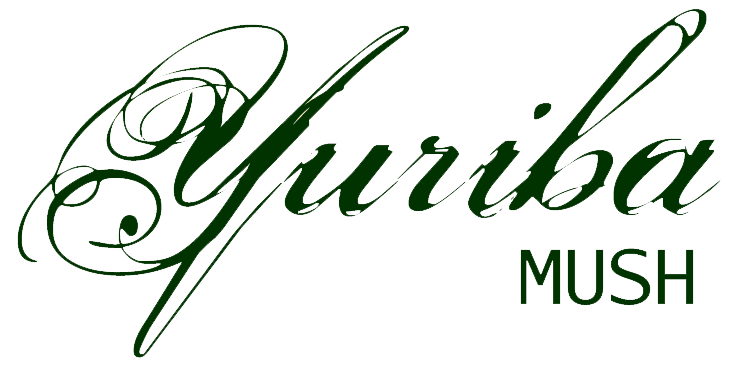Blessing
Blessing is a native Yuriban term used to describe the transformation bestowed upon one who has bathed in Jusenkyou water. The term is controversial and is often referred to as a Curse by those unschooled in the significance of the springs.
Concept
In order to receive a blessing one must bathe in the waters of a Jusenkyou spring. When a person is doused in blessed water they will gain a new "Blessed" form - for example, Maonyanniichuan grants the bather the form of a catgirl. Blessings grant only physical form. Thus, were one to bathe in the Tianshiniichuan one would gain the appearance of an angel, namely angel wings and a divine radiance, but no magical abilities beyond those they had before they entered the spring.
Contact with hot water will transform a person from their blessed form back into their normal form, while cold water activates the blessed form.
Though blessings do not confer personality traits on people, it is common among non-natives, though less so among natives, for blessed individuals to experience changes in personality based on self-generated psychological responses to the change in form. This has been known to result in blessed individuals developing animalistic traits such as pouncing, purring, and in some extreme cases, drastically altered dialects and personalities. For natives, who are brought up with an understanding of how blessings work, this condition is noticeably less common, though blessings may evoke emotions or mental states.
Controversy
The term "Blessing" has mainly been perpetuated by native Yuribans, most of whom revere the transformation. Evidence exists to suggest that in ancient times, followers of the Yuriban deities willingly took on blessings in order to more fully dedicate themselves to their goddess of choice, often baptizing their children in Jusenkyou waters. It was believed that receiving a second form was, and to some still is, a sign of utmost devotion; as such there are some natives who frown upon visitors who make use of the springs without fully understanding the religious significance of them. The term "Blessing" is thus seen in a positive light by many native Yuribans. To take on a blessing is to give oneself to a goddess or to seek a specific form of guidance or wisdom from them and is thus not to be undertaken lightly or without a strong understanding of what a blessing means.
Newcomers to Yuriba, however, often hold a more pessimistic view. It is widely believed that the Jusenkyou gained the ability to grant new forms when a being holding that particular form drowned to death in the spring water. Holders of this view believe that it is immoral and disturbing to use the springs, and they often refer to the transformations as a Curse rather than a Blessing. This has met with criticism from many natives, who claim that the drowning that creates the blessing is not fatal. Nevertheless this viewpoint has become quite popular, prompting many to frown upon accepting a blessing. Yet another viewpoint ignores the origin of the springs entirely and frowns upon them for the simple fact that they grant another form. The origins of this particular belief come from tales recounted by the first foreigners to visit Yuriba, many of whom were men who encountered the Nyanniichuan spring and were transformed into women. It is generally considered an ignorant viewpoint and is seen as laughable by many locals.
Still others approach the springs on a more secular ground. There are many on the island - mostly visitors - who view blessings as a popular fashion rather than a religious ritual or a curse. It is not uncommon for girls to hunt around for what they consider trendy springs for the sake of obtaining a form they consider cute, sexy, or otherwise amusing. Some adherents to the Yuriban faith view this practice as blasphemous, considering such behaviour to be an insult to the original devotional purpose of the blessing.
